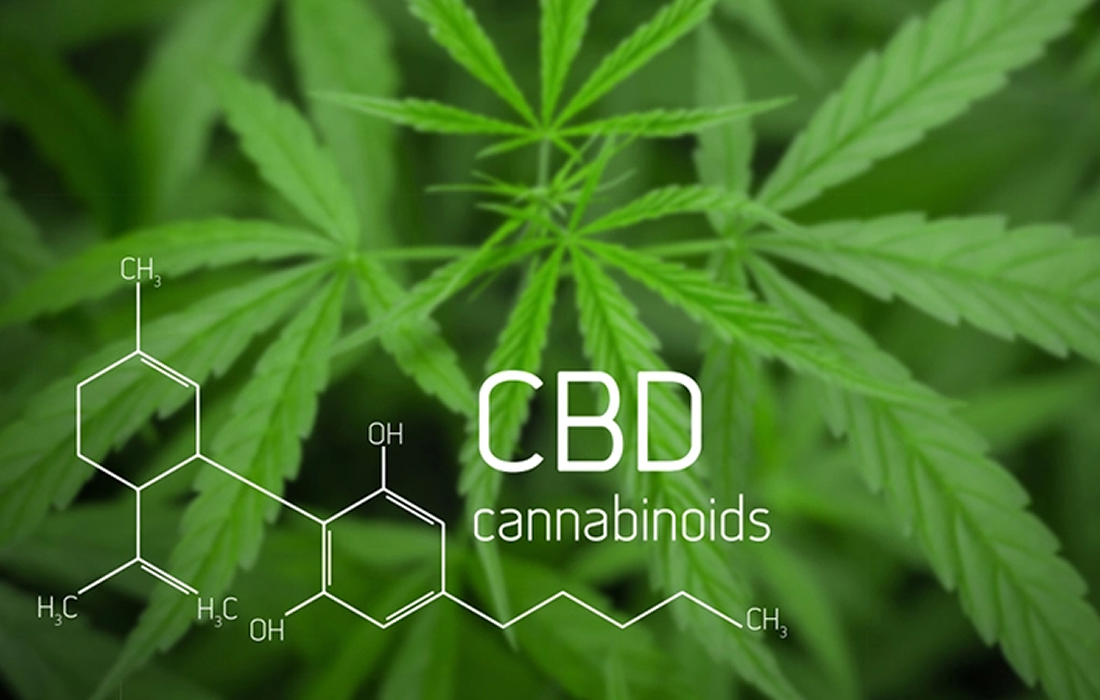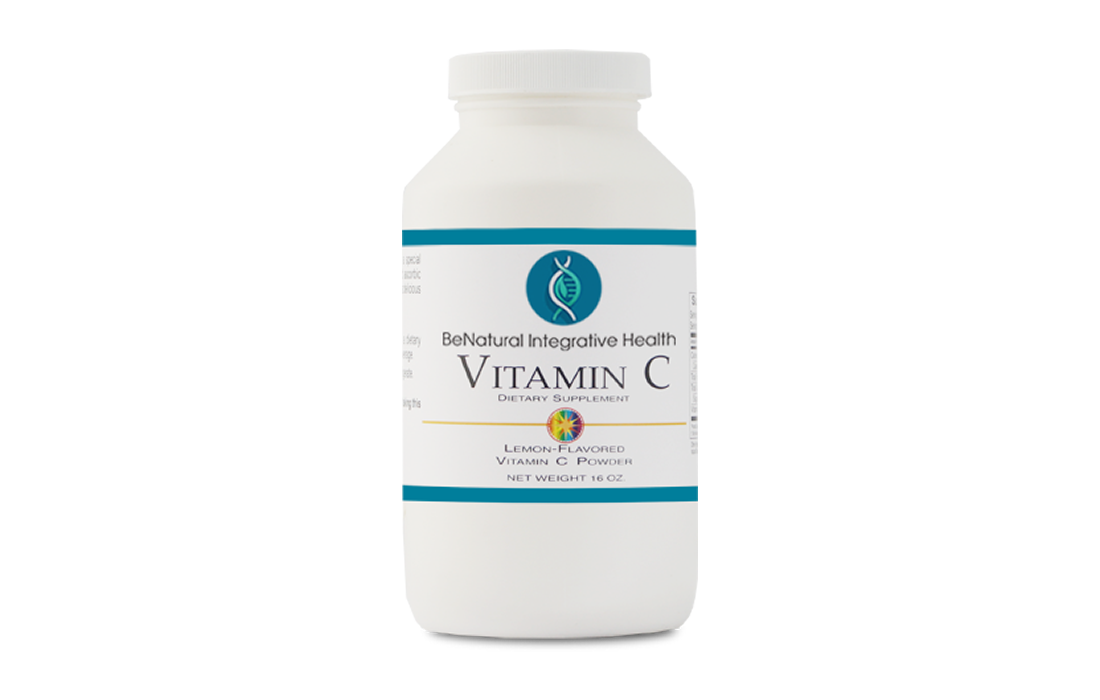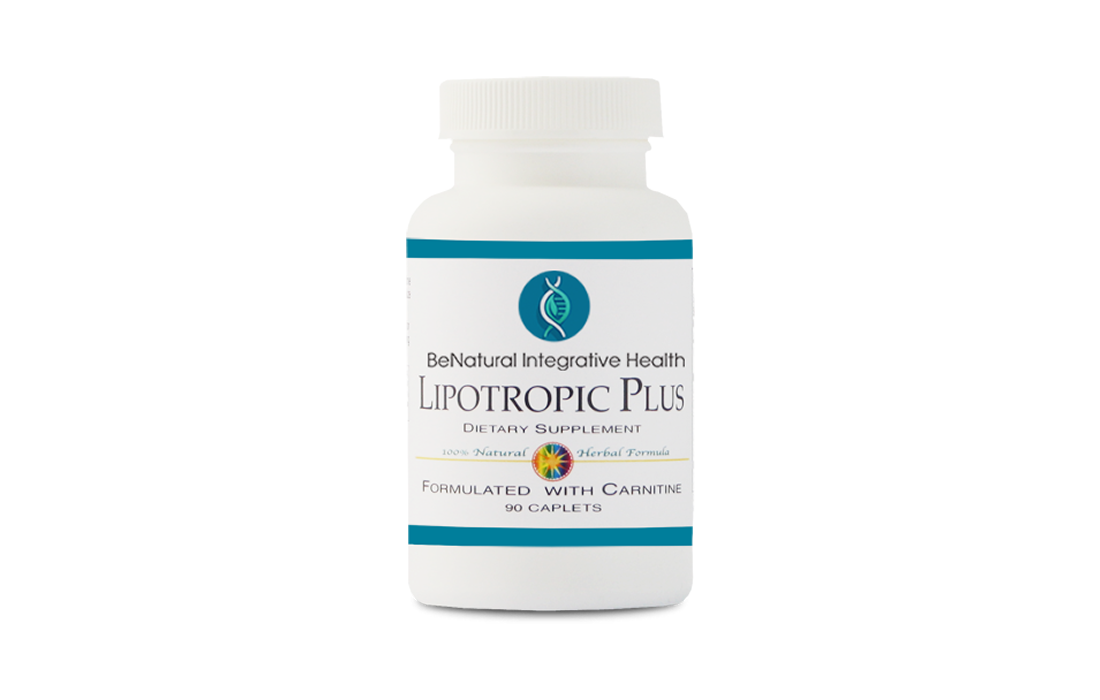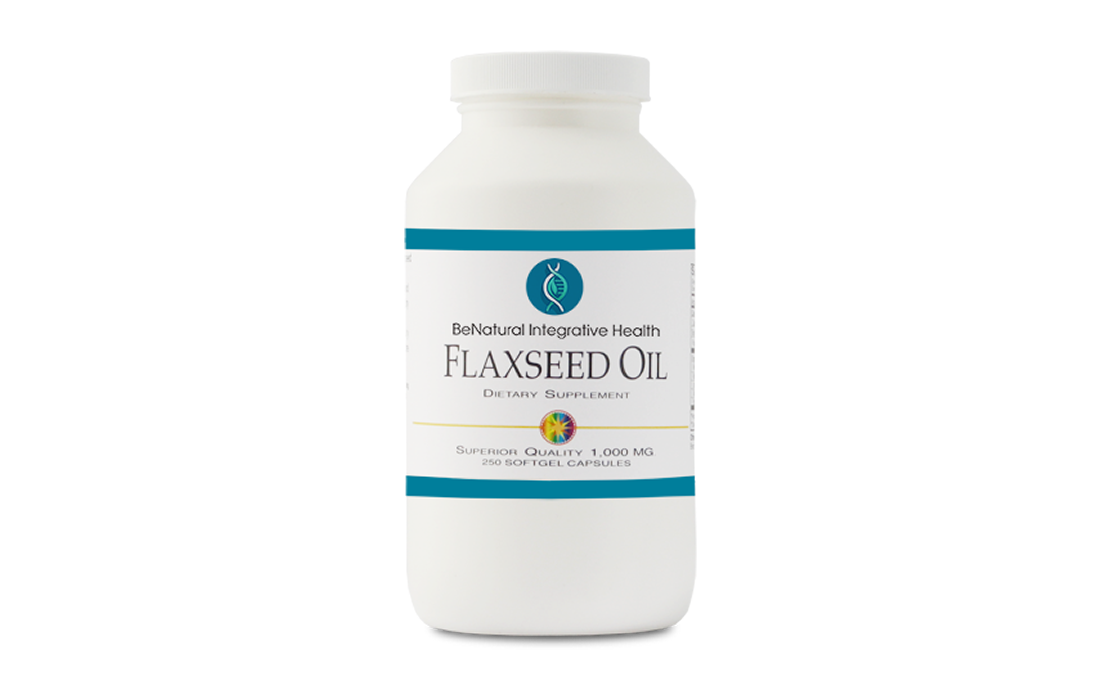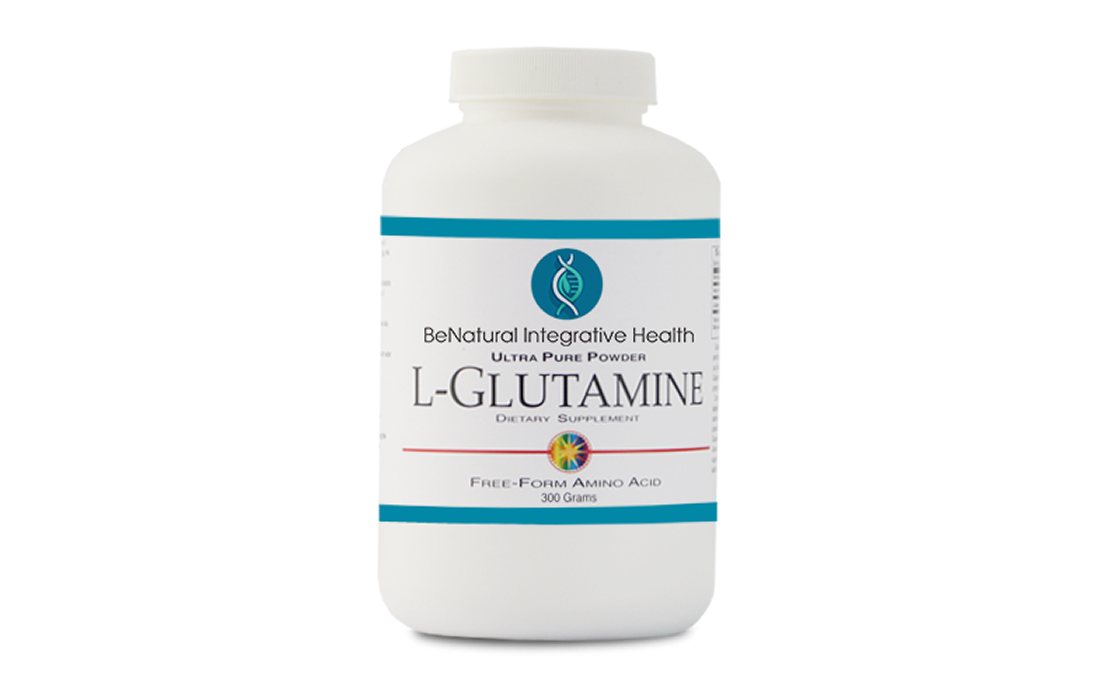Reduced caloric intake without malnutrition is the oldest known life span–extending intervention. Laboratory studies throughout the 20th century established and confirmed the benefits of caloric restriction (CR) in multiple model systems. CR not only increased life span across evolutionarily distant organisms but also reduced age-associated disease burden and functional decline in these studies. Epidemiological data […]
Category Archives: Nutrition and Supplements
Stem cell therapy promotes tissue regeneration and wound healing. Efforts have been made to prime stem cells to enhance their regenerative abilities. Certain marijuana components, namely the non-psychoactive cannabidiol (CBD) and psychoactive tetrahydrocannabinol (THC) are defined as immunomodulators. Migration and differentiation of mesenchymal stem cells (MSCs) are known to be involved in various regenerative processes […]
Within the last 30 years, the obesity rate for adult Americans has more than doubled from 15% to 32% and currently, it is estimated that two-thirds of Americans are either overweight or obese, a 42% increase since 1980. A primary cause of this obesity epidemic is thought to be gross caloric intake, which has risen […]
The survival and reproductive success of all organisms depend upon their ability to obtain food. Accordingly, animals have evolved behavioral and physiological adaptations that enable them to survive periods of food scarcity or absence. When food is not available for extended periods some organisms become dormant; for example, yeast enters a stationary phase, nematodes enter […]
What is Vitamin C? Vitamin C, also known as L-ascorbic acid, is a water-soluble vitamin that is naturally present in some foods, added to others, and available as a dietary supplement. Humans, unlike most animals, are unable to synthesize vitamin C endogenously, so it is an essential dietary component. It is required for the synthesis […]
What is L-Carnitine? Carnitine, derived from an amino acid, is found in nearly all cells of the body. Its name is derived from the Latin carnus or flesh, as the compound was isolated from meat. Carnitine plays a critical role in energy production. It transports long-chain fatty acids into the mitochondria so they can be […]
What is Diabetic Kidney Disease? Diabetic kidney disease (DKD) is a common microvascular complication of diabetes, is characterized by increased albuminuria level or urinary albumin-to-creatinine ratio, decreased glomerular filtration rate (GFR) or both. Approximately 463 million people were living with diabetes mellitus in 2019 according to the International Diabetes Federation., and this number is projected […]
What is Flaxseed Oil? Flaxseed (Linum usitatissimum) and flaxseed oil, which comes from flaxseed, are rich sources of the essential fatty acid alpha-linolenic acid, a heart healthy omega-3 fatty acid. Flaxseed is high in soluble fiber and in lignans, which contain phytoestrogens. Similar to the hormone estrogen, phytoestrogens might have anti-cancer properties. Humans have used […]
The practice of using nature as pharmacy dates back to antecedents and continues today as many of the medications currently in use are derived from plants. Dietary supplements are food products, extracts or concentrates that are intended to supplement diets because they contain certain dietary ingredients such as vitamins, minerals, herbs, and amino acids. They […]
What is Glutamine? Glutamine is the most abundant and versatile amino acid in the body, and is of fundamental importance to intermediary metabolism, interorgan nitrogen exchange via ammonia (NH3) transport between tissues and pH homeostasis. In almost every cell, glutamine can be used as a substrate for nucleotide synthesis (purines, pyrimidines and amino sugars), NADPH, […]


